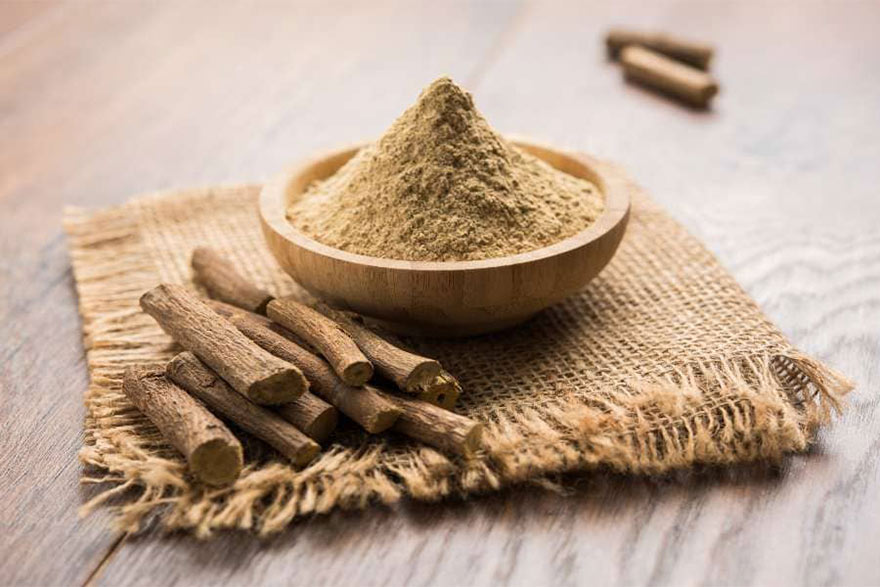Apart from boosting immunity and replenishing the vital fluids of the body, Ayurveda also promotes and ensures holistic wellbeing. Dr Sanjeev Rastogi elucidates how this traditional Indian practise has become extremely relevant in today’s time, especially during the pandemic
Ayurveda is considered India’s traditional system of medicine for many reasons. To begin with, it is a science of life with a holistic approach to health and medicine. Moreover, Ayurveda is known to be a complete medical system that comprises physical, psychological, philosophical, ethical and spiritual health. Indian Prime Minister Narendra Modi has always placed tremendous emphasis on the benefits of Ayurveda and has provided great impetus to this traditional science of overall wellbeing.
In fact, when the coronavirus pandemic struck the country, and the world at large, PM Modi advised citizens to consume hot water and kadha (an Ayurvedic drink that is made with herbs and/ or spices) frequently to boost immunity and maintain sound health. “To strengthen your immunity system, do adhere to the instructions issued by the AYUSH Mantralaya. Drink hot water and kadha frequently,” PM Modi said during his address to the nation on 14th April, 2020.
DEFINING HEALTH
We often hear the saying “health is wealth”, but we don’t always connect the two. Sound health ensures better productivity which eventually leads to an optimised individual and societal gains. Interestingly, in Ayurveda, health has been defined as a positive state of mind, spirit and body. Ayurveda places greater emphasis on health than on disease. This also reflects in its fundamental objective, where maintaining the health is given the edge over treating the sick. Ayurveda proposes a few simple health-keeping strategies, which are of proven value. Preventing an illness largely counts upon prevention of the factors that bring illness. This is essentially needed to be supplemented with measures to increase the inner strength. Ahara (diet), nidra (sleep) and brahamacharya (general code of healthy living) are the three core areas that together assure the best result for sustainable health.

QUALITATIVE FOOD INTAKE
Food itself has emerged as one greatest healthcare interventions, if used judicially. Ayurvedic classics are full of praise for quantitative, qualitative and methodological specifications of food as per the needs of an individual. The Ayurvedic science of food and nutrition is an edge over the conventional nutrition science by providing a dynamic scale for food intake as per the daily requirements. Rather than fixing the energy needs of an individual on the basis of calories, Ayurveda fixes the quantity as per the instant requirements and the digestive status. Similarly the qualitative food intake is assured by proposing the availability of ‘shada rasa’ or six tastes – sweet, sour, salty, pungent (spicy), biUer, astringent – in food. Kaal bhojan (taking food at a time when previously consumed food is digested) is another highly valuable contribution of Ayurveda to health promotion. This concept of Ayurveda has caught the aUention of nutritionists worldwide and is being adopted as Time Restricted Feeding (TRF) by modern nutrition science.

RASAYANA, THE IDEA OF NUTRITION
Rasayana, an Ayurvedic rejuvenation therapy, essentially means nutrition at all levels from macro to micro- cellular level. It replenishes the vital fluids of the body, and boosts the “ojas” (vital force of life) and the immune system, thus keeping an individual away from diseases and ill effects of advanced age. Rasayana application was thoroughly explored during the current pandemic and many herbs having rasayana effect like amalaki (Indian gooseberry), aswagandha (Indian ginseng) and brahmi (water hyssop) were found to be useful in boosting physical immunity and also in mitigating the post Covid-19 complications in long Covid cases. Unlike modern/Western medicine that offers quick relief from ailments, Ayurveda takes time as it addresses the root cause of an ailment.
This pandemic has given us a great learning in this regard. This would be hard to rewire the brain for some unconventional thinking about health keeping derived from Ayurveda, yoga and Naturopathy. Learning it early, however, will be immensely helpful to ensure overall health. PM Modi has always extolled the benefits of Ayurveda. In fact, when the Prime Minister took office in 2014, the Ministry of Ayurveda, Yoga, Naturopathy, Unani, Siddha, Sowa-Rigpa and Homoeopathy (AYUSH) was formed, giving the Indian ancient and traditional practices of well-being a major boost. And the properties of Ayurveda that have been tapped into since the outbreak of the Covid- 19 pandemic and the benefits reaped bear testament to the fact that although it is an ancient and traditional practice, Ayurveda, when incorporated into daily life, ensures overall well-being effectively and efficiently.
DR SANJEEV RASTOGI
Dr Sanjeev Rastogi, MD, Ph.D. is known for his research in the field of Ayurveda. He has published over 100 research papers on the subject and is the chief editor of the Annals of Ayurvedic Medicine, a research journal enlisted by the UGC, India.
